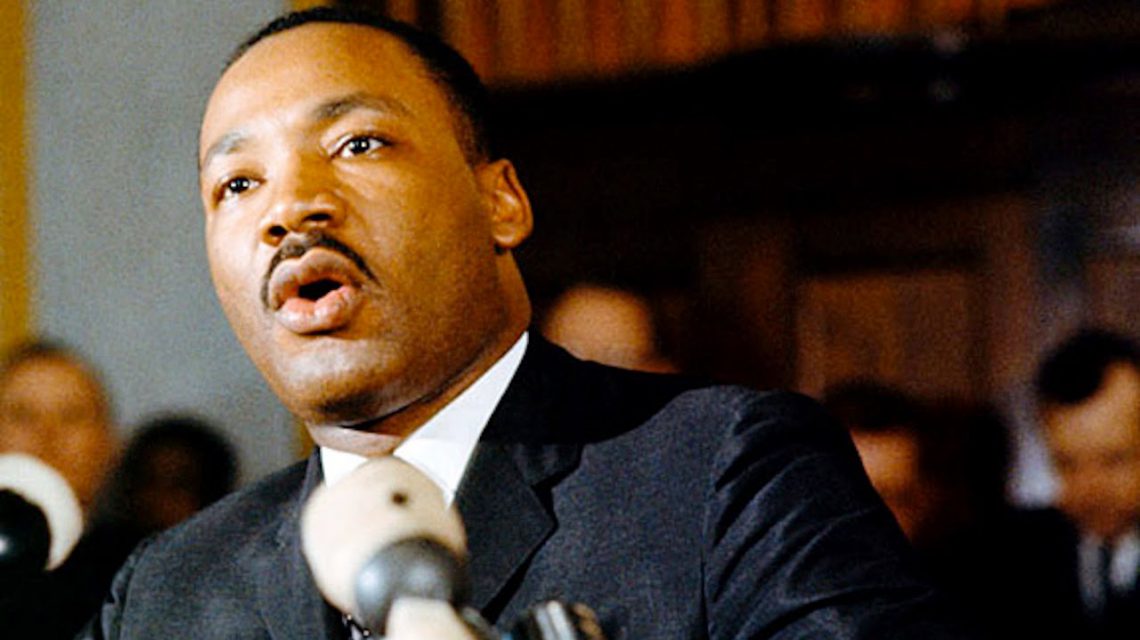Being What We Ought To Be

In preparation for Martin Luther King Jr. Day, I reread the text of a sermon MLK gave days before his assassination, entitled Remaining Awake Through a Great Revolution. One section stood out for me. Dr. King, referencing the Declaration of Independence, extolled:
‘We hold these truths to be self-evident, that all men are created equal, that they are endowed by their Creator with certain inalienable Rights, that among these are Life, Liberty, and the pursuit of Happiness.’ But if a man doesn’t have a job or an income, he has neither life nor liberty nor the possibility for the pursuit of happiness. He merely exists. We are coming to ask America to be true to the huge promissory note that it signed years ago.
At Achieve Atlanta, we fight so that every APS graduate will obtain a post-secondary credential or degree and avoid what some have come to accept as the inevitability of merely existing.
Similarly, there’s a lot of public discussion these days about the workforce needs of our city and state, on the one hand, and about the dearth of credentialed and degreed individuals to fill jobs over the next several years, on the other.
To address this dilemma, there are multiple investments and efforts underway to connect young people to workforce development programs. I applaud any effort to connect disinvested communities to opportunities so that they can have life, and liberty, and pursue happiness. And, for those of us who do this work, we must be vocal about dispelling the myths and erroneous assumptions that abound about why we have these problems in the first place.
One such assumption is that the degree gap exists because some kids are not “cut out for college” and that “a 4-year degree is not for everyone.” But we never finish that sentence. Who’s not cut out for college and why? Who is a 4-year degree not for? When we don’t answer that question, we are inadvertently propagating the myth that some students aren’t smart enough or lack other skills that make them college material. More importantly, when we don’t answer that question, we don’t hold ourselves and our systems accountable.
When offering solutions, we must acknowledge that many of our students have faced systemic and institutional barriers, including racism and poverty, their entire lives. But we’ve seen that when we fight for them, our young people thrive.
In his sermon, Dr. King reminded us that if we were going to successfully get rid of racism and poverty, we have to “admit certain things and get rid of certain myths,” prevailing narratives, if you will.
Building on that, if we are going to solve our communities’ inequities, we must acknowledge what caused these problems in the first place. It’s the only way we have a chance of avoiding the same mistakes again. We must come at the work as if we were doing it for ourselves and for our very own flesh and blood. Because, as Dr. King reminds us…
I can never be what I ought to be until you are what you ought to be. And you can never be what you ought to be until I am what I ought to be.